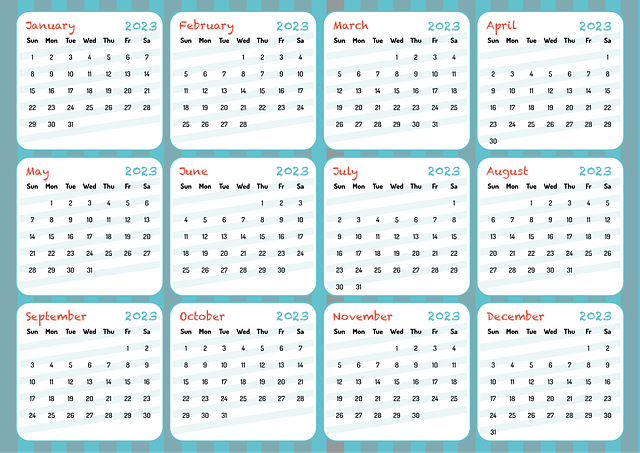TL;DR: Event Planning for Local Businesses
Define clear, SMART objectives for networking events to ensure success and guide logistics, from marketing to seating. Understand target audience—potential clients, peers, or influencers—to tailor event formats like conferences or mixers facilitating meaningful interactions. Align goals with event purpose (e.g., increasing attendance, partnerships) as a strategic roadmap; focus on industry-relevant topics, peer learning, and solving common entrepreneur challenges through interactive workshops and panel discussions.
Networking events are a powerful tool for local businesses to connect, collaborate, and grow. Efficient planning ensures these gatherings facilitate meaningful interactions and measurable outcomes. This article guides you through optimizing your networking event strategy, from setting clear objectives and strategic invitee selection to managing logistics and fostering post-event engagement. Discover how to transform your next event into a dynamic platform that drives success for local businesses.
Setting Clear Objectives

When planning networking events for local businesses, setting clear objectives is the cornerstone of event success. Before sending out invitations or designing the venue, define what you hope to achieve. Are you aiming to foster new business partnerships? Launch a new product or service? Or simply build brand awareness among your target audience? Your objectives should be SMART: Specific, Measurable, Achievable, Relevant, and Time-bound. This clarity will guide every decision from marketing strategies to seating arrangements, ensuring the event aligns with your goals.
For event planning in the local business scene, understanding your audience is paramount. Identify who you want to attract—potential clients, industry peers, or community influencers—and tailor your objectives accordingly. Consider the format of your event: will it be a formal conference, an informal mixer, or something in between? The event structure and activities should be designed to facilitate meaningful interactions based on these objectives, ensuring that participants leave with a clear understanding of what was achieved and how it benefits them and their businesses.
– Define goals for the event

Setting clear goals is the cornerstone of efficient event planning, especially for networking events designed to foster connections among local businesses. Before diving into logistics and promotion, organizers should define measurable objectives aligned with the event’s purpose. These might include increasing attendance from last year’s event, facilitating at least X new business partnerships within a specific industry, or enhancing brand visibility among a targeted audience of local entrepreneurs.
Well-defined goals provide a roadmap for every decision made during planning. They help in choosing the right venue, crafting engaging content, and selecting appropriate promotional channels to attract the desired crowd. With clear objectives in mind, event planners can ensure that their efforts are strategic and focused on creating meaningful interactions that benefit local businesses in the long run.
– Identify target audience and their needs

When planning a networking event for local businesses, understanding your target audience is paramount. The first step in efficient event planning is identifying the specific needs and interests of the business owners or professionals you aim to attract. This could mean focusing on industry-specific topics, providing opportunities for peer-to-peer learning, or addressing common challenges faced by local entrepreneurs. Tailoring the event to these requirements ensures higher engagement and valuable connections among attendees.
For instance, a successful networking event for local businesses might feature panel discussions led by respected community figures, interactive workshops centered around digital marketing strategies relevant to small enterprises, or roundtable talks facilitating peer mentoring. By aligning the agenda with the target audience’s needs, the event becomes a vibrant platform where meaningful connections can be made and potential business partnerships fostered.
Efficient networking events are a game-changer for local businesses, fostering connections and growth. By setting clear objectives, defining goals, and understanding the target audience’s needs, event planners can create meaningful interactions that drive business success. With strategic planning, these gatherings become powerful tools to enhance local economic landscapes and build vibrant communities.
